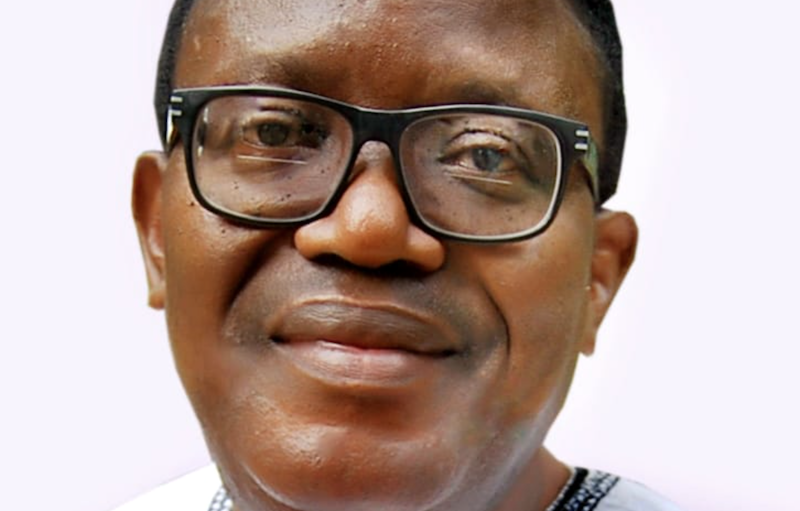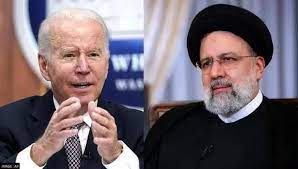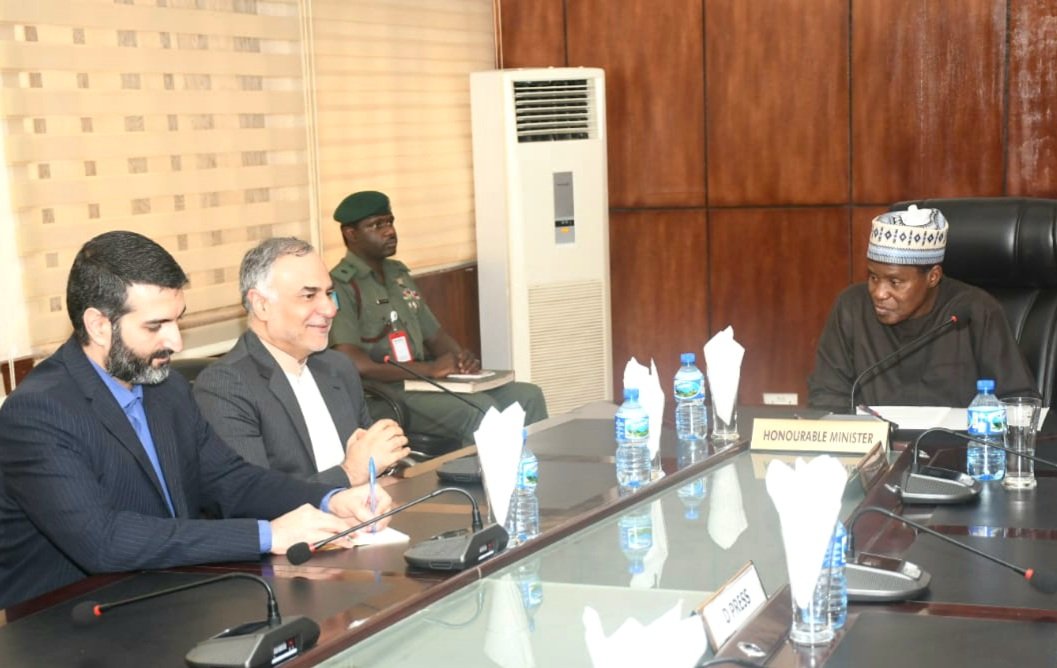THE world seems unaware that a peace process of seismic proportions is under way. Islam is a religion with over 1.8 billion followers but its two broad movements, the Sunnis led by Saudi Arabia and the Shiites led by Iran have been in disagreement for long, sometimes leading to violent confrontations. A major difference between the movements is that while the Shiites believe that the religion should be led by descendants of the Prophet (SAW), the Sunnis do not. Over the ages, other differences emerged. However, the 1979 Iranian Revolution led by Ayatollah Khomeni which abolished the 2,500 old monarchy and radicalised the populace, led to a further divide with the Iranians being anti-America and the Saudis being pro-monarchy and pro-America.
This polarisation has led to violent conflicts in parts of the world, one of the bloodiest being the Yemeni Civil War now in its eighth year. The war saw the Houthis who are minority Zaydiyyah Shiite Muslims, overrunning the capital, Sanaa and large parts of the country. Only the military intervention by Sunni-dominated countries like Saudi Arabia and the United Arab Emirates, UAE, stopped the march of the Houthis to the sea.
Those countries carried out crimes against humanity such as deliberately bombing schools, school buses, markets, hospitals, marriages, funerals and other civilian targets. But holding off the Houthis has also come at high costs for the Saudis who have had to endure missile attacks on their towns. Also, the UAE has broken off from the alliance by backing anti-Saudi rebels in South Yemen.
One of the most devastating wars today is the Syrian Civil War which began on March 11, 2011. It is a war in which the majority Sunni groups led by the terrorist al-Nustra Front and the Islamic State, ISIS, with the backing of the US, some Western allies and Gulf States, tried to uproot the government of President Bashar al-Assad, an Alawite Shiite. The latter was able to rally minorities in the country, including other Shiite groups, Jews and Christians. It also has the backing of Russia and Iran.
The war has claimed some 600,000 lives and reduced the country to ruins. The Syrian War witnessed one of the greatest mistakes in world history. In planning the war, a Western-Gulf States alliance established a Sunni organisation, the ISIS which was trained in Jordan, funded by the Gulf States and armed with weapons purchased mainly from the US. It was intended to take out the Shiites.
But like a Frankenstein monster, the ISIS spun-out of control and like a mad dog, not only attacked the Syrian government and its supporters, but also the Iraqi government put in place by the US. ISIS which was also peopled by international fighters initially encouraged by the West, created an Islamic Caliphate from lands it grabbed mainly from Iraq. It became a mission of America to put down the monster it had helped to create.
The Civil War in Iraq was triggered by the invasion of Western powers led by US and Britain under the false premises that that the country led by President Saddam Hussien had weapons of mass destruction which it was about to use. Hussein was from the minority Sunni which accounted for 35 per cent of the population. The invasion led to the majority Shiites and the minority Kurds reaching for power.
The ‘Arab Spring’ revolt which actually started from Tunisia before spreading to the Gulf, made a windfall in Bahrain where the populace demanded democracy. The problem was that neither the Western powers nor the Gulf States would allow democracy in a country where the Shiites are the majority and the ruling Al Khalifa monarchy is a minority Sunni. Democracy would mean the end of the monarchy and minority Sunni rule.
Since the Bahrain military, despite its violent crackdown could not overwhelm the populace, a decision was taken to bring in the overwhelming firing power of the Saudi and UAE against the civil society. The foreign invasion began on March 14, 2011. While the Saudis sent in their national guard, the Emiratis sent in armed policemen, the Kuwaitis sent their navy, while a 7,000-strong American military force waited in their base 10 miles from the centre of the pro-democracy protests.
Three years later, the invaders were still in Bahrain. Seven years ago, Saudi Arabia and Iran decided to severe relations while their proxy wars escalated. So, you can imagine the shock waves around the world on March 10, 2023 when it was announced that both countries had decided to restore diplomatic ties and work towards peace. It was the outcome of a four-day discussion by both sides in China!
Both countries agreed to resume diplomatic relations, re-open their embassies and missions within two months, respect each other’s sovereignty, and ensure non-interference in internal affairs of states.
The agreement also provided for a meeting by their foreign ministers to implement the agreement, arrange for the return of their ambassadors, and discuss means of enhancing bilateral relations. They also reached back to the old Security Cooperation Agreements they signed in the fields of economy, trade, investment, technology, science, culture, sports, and youth, and agreed to implement them. China, the peacemaker joined the two countries in their pledge to work towards enhancing regional and international peace and security.
The immediate implication of this is the prospects for peace in parts of the world, including Yemen, Syria and Iraq and better cooperation amongst Muslims in places like Lebanon where the Hassan Nasrallah-led Shiite group, Hezbollah, has built a formidable military force. In a quick follow-up to the peace deal, a Saudi delegation was on April 9 in Sanaa, capital of the Houthi-controlled half of Yemen for peace talks, the most promising so far. The talks with an Omani delegation as observer, aim to stabilise a truce and cease-fire, complete withdrawal of foreign forces from Yemen, lifting of restrictions on air and sea ports, prisoner exchange, resumption of Yemeni oil exports, and a comprehensive peace plan for Yemen.
These peace talks would be a prelude to a wider one that would bring in the rival Saudi-backed Yemeni government in Aden and a rebel offshoot funded by the UAE. Reconciliation still seems far off as the two different economies, central banks and currencies would need to be merged. There does not seem to be much enthusiasm for the Iran-Saudi Peace deal in the West mainly because it has strived to portray China, the peacemaker, as a belligerent country and a danger to world peace. Secondly, the agreement signifies a major shift of Saudi Arabia from the Western orbit. Whatever be the case, the face of universal Islam will change with the Iran-Saudi Arabia Peace Agreements.










